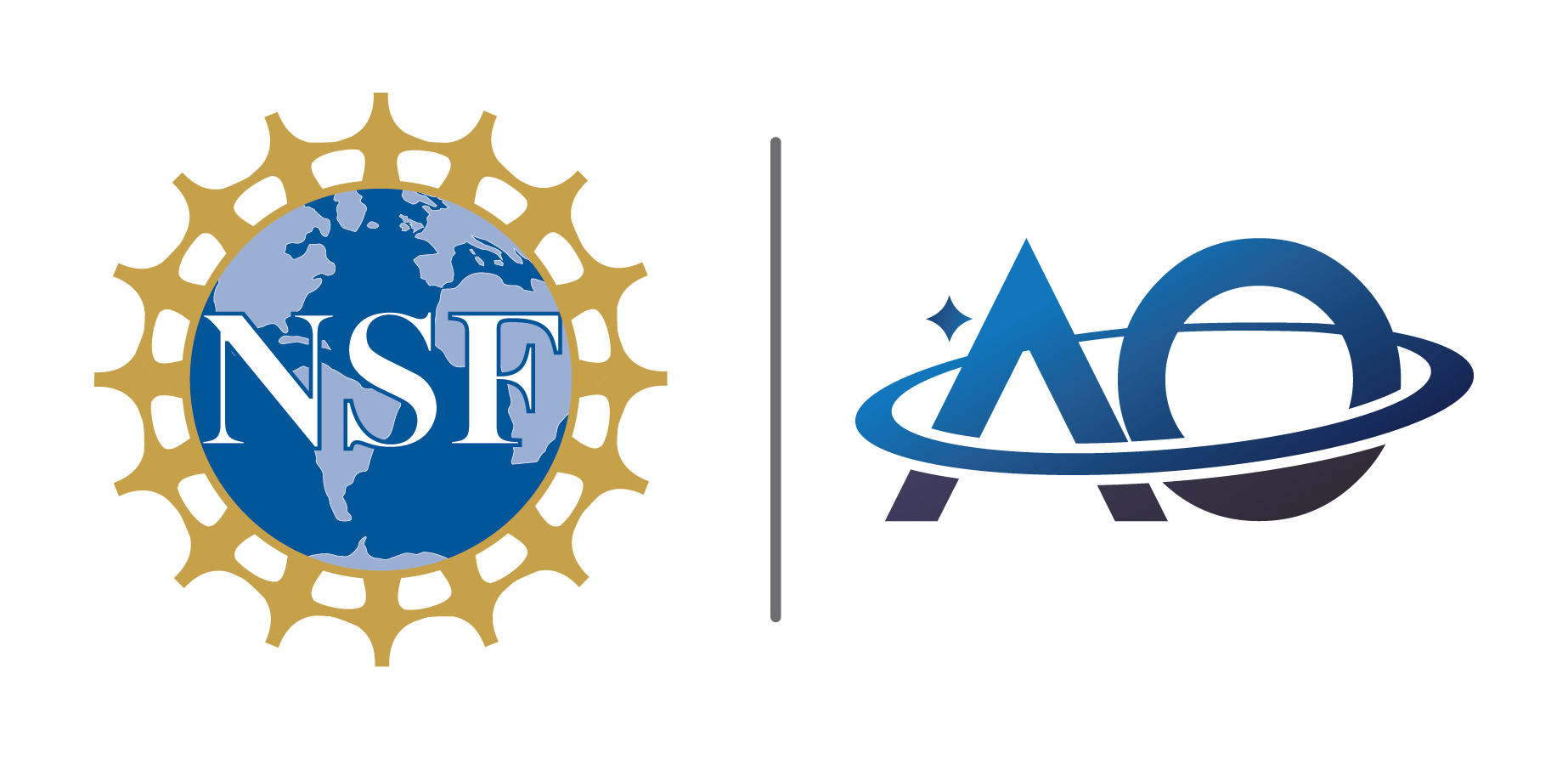.
Navigation
The Center for Lunar Asteroids Surface Studies has put together a virtual graduate seminar for the first semester of 2021. The focus is on Arecibo Observatory: Unparalleled Science and Discovery. As in other semesters, these seminars are both a graduate class and intended for participation from interested parties. Lectures are generally Mondays at 10:30am, with follow-up, student-led discussion on Wednesdays. We’ll have some additional input on Wednesdays from members of the community, as well.
The first lecture will be on Wednesday, Jan 20, at 10:30am by Luisa María Zeambrano-Marín, and it will go through the History of the Arecibo Observatory. In following Mondays we will present the main science achievements and the present studies in the areas of radio astronomy, space and atmospheric science, and radar planetary science. At the end of the semester, we will also have some programatic seminars about the big data projects at AO and engineering design and management of large facilities.
Zoom connection info and the course website details are provided below.
SEMINAR DETAILS
Overview
Arecibo Observatory is a multi-faceted research center and is home to multiple facilities, including until recently one of the world’s largest single-aperture telescopes. The complex enables observations to study objects from our own atmosphere to the farthest reaches of the Universe. This seminar will highlight scientific observations and discoveries enabled by AO, including current studies. The core content will be a series of topic-focused lectures given by leading AO researchers, as well as technical presentations about the telescope, facilities, and operations. The format encourages questions and discussion from the in-person and online audience.
Lectures and Discussions
UCF Course AST 6156: Mon/Wed 10:30-11:50
The core content will be 12 lectures given by leading Arecibo researchers, engineers, and managers. The
format provides an opportunity for questions and discussion. The lectures will be accessible through Zoom
in real-time and will be recorded for on-line reference. All lectures will be held on Mondays at 10:30 am
EDT/EST [50 min lecture + 30 min discussion]. Wednesday sessions will be additional student-lead
presentations related to the subject of the Monday lecture with additional detailed discussion. The lectures
will be offered on-line through Zoom in real-time and will be recorded for future reference. The discussion
will also be recorded and archived on the course website.
Weekly Lecture Schedule
(all lectures Mondays at 10:30 am EDT/EST except where noted*)
Website
The course website is https://sciences.ucf.edu/class/arecibo-grad-seminar/ and is password protected. The password is radio. On the website you will find suggested readings for each lecture, a brief biography of the speaker, the slides used in the lecture, and links to the recorded talk and subsequent discussion. It will take a few days before the link to each session is available to be posted on the website.
Zoom Link
https://us02web.zoom.us/j/88240136413
Password: radio
Online Format
This course is designed to be a discussion between knowledgeable science and engineering students and professionals. All participants, both in-person and online, are encouraged to ask questions of the speaker or make comments. For real-time participants the online the Zoom chat box will be monitored by the seminar producer and they will relay audience questions to the speaker. Because of the many time zones of our participants, those that primarily use the recorded lectures and discussions can send their questions either to Dr. Dove (adove@ucf.edu) or to the individual speakers; contact information will be provided during each lecture. Each Monday lecture will be followed by a Wednesday discussion session lead by students at UCF. Remote participants are encouraged to participate. In this format we will use not only the chat box but also open audio channels for questions and comments. Sponsorship: This course is led by the NASA-funded Center for Lunar and Asteroid Surface Science (CLASS) at the University of Central Florida and co-sponsored jointly by the NASA Solar System Exploration Research Virtual Institute (SSERVI).
QuestionsPlease address any questions to Dr. Addie Dove (adove@ucf.edu). Note that this seminar is open to all so feel free to share these instructions with your colleagues.

